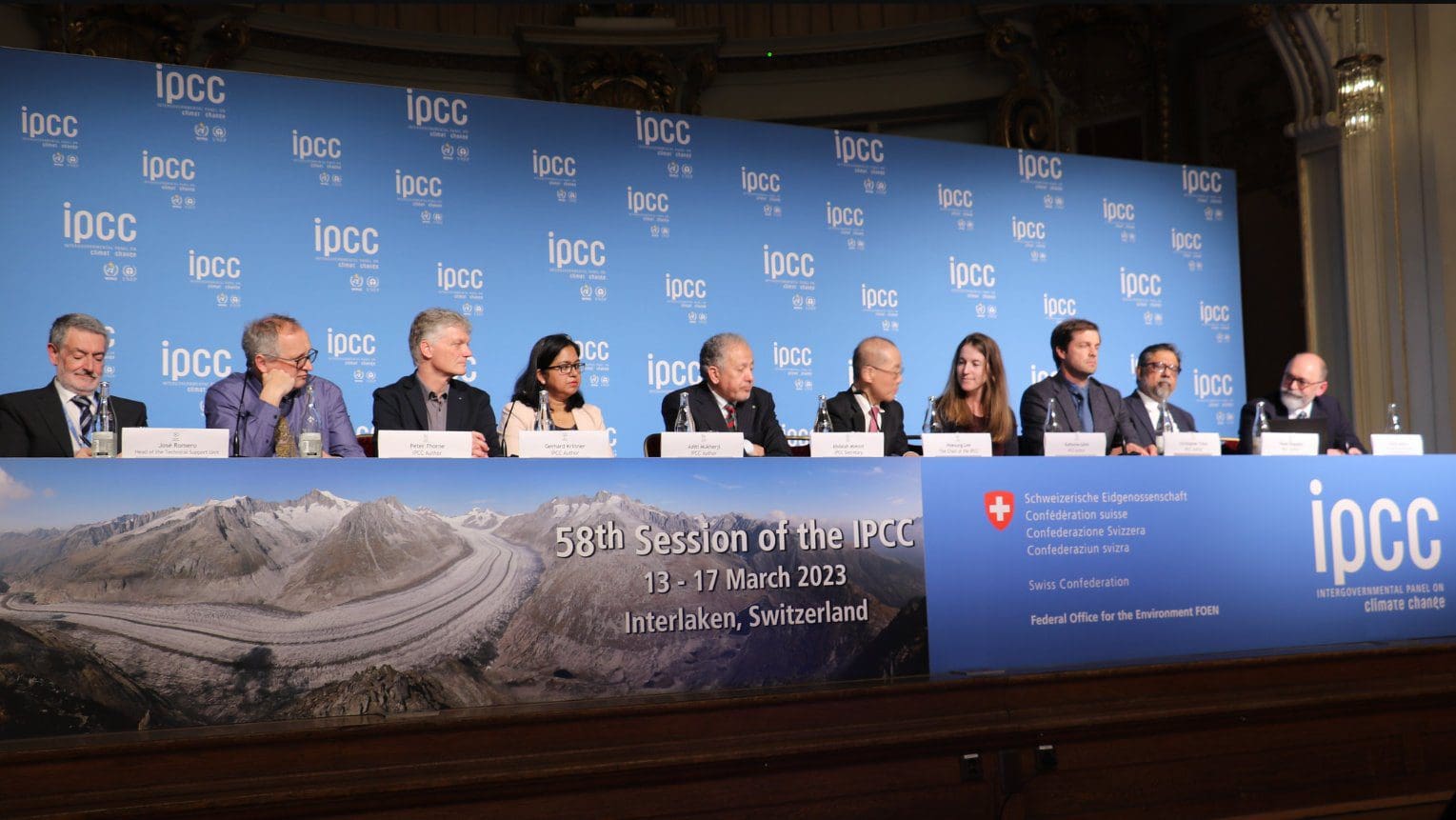

IPCC Acknowledges Low Probability of Several Pessimistic Climate Predictions
Introduction
The Intergovernmental Panel on Climate Change (IPCC) has admitted that many of its gloomy climate forecasts are of „low likelihood.“ The IPCC is a United Nations body that assesses the science related to climate change. Its reports are widely regarded as the most authoritative source of information on the subject. However, the organization has come under fire in recent years for its overly pessimistic predictions.
Low Likelihood Forecasts
In a recent report, the IPCC acknowledged that some of its past predictions were overly pessimistic. The report stated that „there is low confidence in the quantification of some aspects of climate change impacts, such as changes in droughts, floods, and extreme events at regional scales.“ The report also noted that „there is limited evidence of changes in extremes associated with other climate variables since the mid-20th century.“
The admission by the IPCC is significant because it highlights the need for more accurate and nuanced predictions about the impacts of climate change. Many experts have criticized the organization for its overly pessimistic forecasts, which they say can lead to a sense of hopelessness and inaction among policymakers and the public.
Implications for Climate Policy
The admission by the IPCC has important implications for climate policy. Policymakers and the public need accurate and nuanced information about the impacts of climate change in order to make informed decisions about how to address the issue. If the IPCC’s predictions are overly pessimistic, it can lead to a sense of hopelessness and inaction, which can be counterproductive.
In order to address this issue, the IPCC needs to improve its forecasting methods and be more transparent about the uncertainties associated with its predictions. This will require a greater emphasis on data collection and analysis, as well as a more collaborative approach to climate research. By working together, scientists, policymakers, and the public can develop more accurate and nuanced predictions about the impacts of climate change, which will be essential for developing effective climate policies
Original article Teaser
IPCC Admits Many of its Gloomy Climate Forecasts Are of “Low Likelihood”
The credibility of the disaster-addicted Intergovernmental Panel on Climate Change (IPCC) has been dealt a damaging blow with recently-published research showing that 42% of its climate scenarios rely on improbable rises in future temperature that even the UN-funded body believes are of “low likelihood”. The research notes the IPCC admission of improbability is “deeply buried” in the full Sixth Assessment Reports (AR6), and is “unlikely to be read by the policy makers”. The authors note that significant and important sections of the full IPCC work emphasise these improbable claims, “potentially invalidating those sections of the report”. Climate and emissions outline SSP5-8.5 assumes a rise of around 5°C by the end of the century. It was always somewhat detached from reality and
Details to IPCC Admits Many of its Gloomy Climate Forecasts Are of “Low Likelihood”









